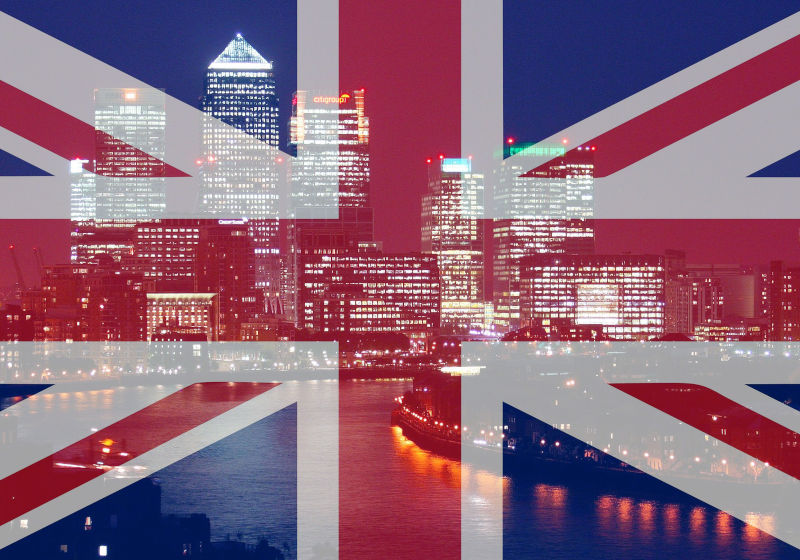Britain's Londongrad problem and investments in Australian mining companies
March 21, 2022
_Sanctions imposed on Russia’s invasion of Ukraine highlights just how interrelated the global economy is and just how difficult they are to impose if the pain is not to be too much of a two way street.
_
This difficulty applies above all to Britain which has long slipped under the radar as the western world’s parking lot of choice for Russian oligarch billions.
For those whose world is finance Britain’s shoddy reputation as a hot money center is no secret although for the general public there remains a carefully manufactured city of London curtain of respectability. That has begun to be drawn back by some well researched investigations by journalists such as Oliver Bullough. His latest contribution “Butler to the World” chronicles just how extraordinarily difficult it will be for the UK to de-Putinise itself, and indeed how culpable it has been in facilitating Putin’s unholy alliance with his tamed band of oligarchs. As it is now known, ‘Londongrad’ houses an estimated £27 billion of Russian assets. Russian offshoring is no less evident in the 20 Russian listed companies listed on the UK exchange with a market value of £400 billion pounds.
As Bullough opines there is nothing pretty about this offshoring of assets. It represents “..a gigantic loophole, undercutting other countries’ rules, massaging down tax rates, neutering , regulations, laundering foreign criminals regulations”. As such this offshoring further damages Britain’s fading image as a country with a steady enduring moral compass.
No surprise then that the UK Government was slow to apply sanctions on its pampered Russian guests. By February 28 – weeks after they had been applied - only 10 low value Russians had been so ensnared. That has since speeded up. But as Roman Borisovich, a former Moscow investment banker turned anti-corruption campaigner points out that given London is the biggest parking lot for Russian money in the West it becomes the weakest link and risks letting down the western alliance sanctions effort.
Alarm bells have been ringing for some time. Britain’s Parliamentary Security and Intelligence Committee in 2020 warned that Russia’s financial tentacles interlaced in the economy were so deep as to be unable to be disentangled.
The UK’s parking lot has been more than matched by its rogue quasi-autonomous children - the Cayman Islands, the Bahamas and the British Virgin Islands which for decades have provided tax haven status and anonymity for commercial and criminal interests alike – so dramatically revealed in the Pandora papers. It is estimated that even more of oligarch’s assets have been processed in these havens than in the UK. According to the Tax Justice Network The Cayman Islands has earned the accolade of the world’s third worst tax haven for corporate tax avoidance and the world’s worst tax haven in terms of financial secrecy.
Just how aggressively the British Government will continue to clean out its Russian holdings is not at all clear. The UK’s rolling program of sanctions now include freezing the assets of Russian Banks. This is a significant move given by their own estimate, Russian banks annually clear around £146 billion of Sterling payments into and out of the UK’s financial system each year and around half of Russian trade is denominated in dollars or sterling. ]
The real problem however lies in personal assets and divining which of the oligarchs have close ties to Putin (or perhaps more easily, who do not). Most oligarch assets are held in trusts so proving who is the beneficial owner(s) is notoriously difficult. The British bodies which check these things are heavily under-resourced so that real question is whether the sanctions will last long enough for the British to make a serious dent in their Oligarch shopping list.
If Britain has been slow and selective Australia has hardly rushed to implement sanctions on the mining industry. Oleg Deripaska – who assiduously wined and dined the British elite in past years, has a stake in Queensland Alumina Ltd and Viktor Vekselberg - who has an interest in Falcon Oil and Gas in the Beetaloo Basin – are somewhat inexplicably not among 41 oligarchs we have sanctioned.
It would be nice to think that the sanctions flowing from the war in Ukraine will go a long way to expose the city of London’s systemic abuse of the global financial system. In the case of Russia it is estimated 60% of Russia’s richest households’ assets are offshored much of which is in the UK or its island tax havens. Equally, we need to accept that global amnesia and inaction on global hot money flows have helped facilitate and given respectability to the oligarch’s support of Putin. Flowing from concerted multilateral action on sanctions should be concerted action to sanitize global financial flows.


